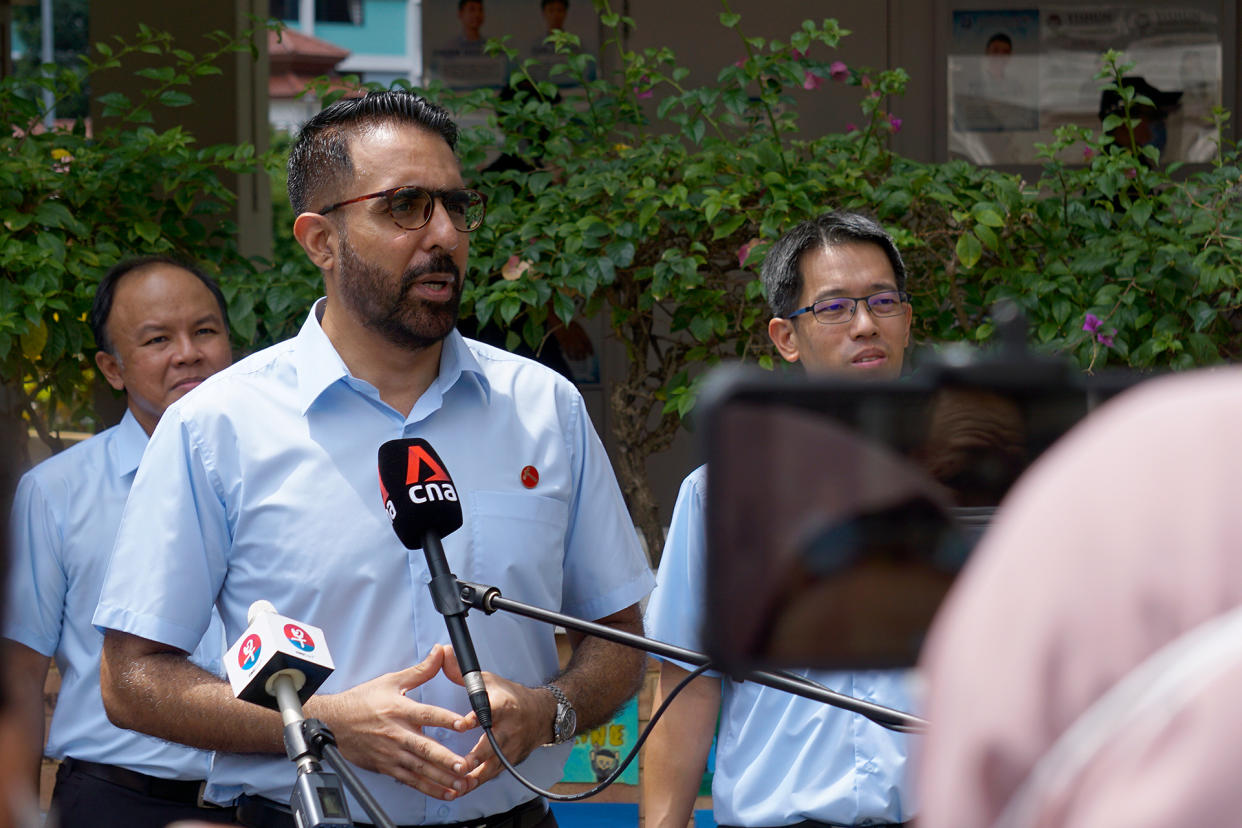More parliamentary Select Committees needed to address divisive issues: Pritam Singh

SINGAPORE — In light of modern-day misinformation and disinformation campaigns that can hijack discussions of divisive issues such as immigration, Parliament can play its part in reframing the public narrative via the formation of more Select Committees (SC), said Workers’ Party chief Pritam Singh on Monday (31 August).
In his maiden parliamentary speech as the Leader of the Opposition (LO), Singh said that Parliament, via the platform of SCs, can operate as an important safety valve and agent of positive conversations that ought to have a direct impact on policies and laws.
“Some conversations in Singapore can continue to be divisive unless we decisively create a framework for reasoned conversation,” he warned.
According to the Singapore Parliament’s website, SCs can be set up to discuss the details of a Bill which affects everyday life, such as the Goods and Services Tax Bill. They are empowered to call for witnesses and send for documents and records. SCs may hold closed-door or public hearings and report their findings back to the House.
There are two kinds of SCs: a Standing Select Committee and an ad hoc Select Committee. There are currently seven standing SCs.
Singh noted that in many countries, even the mainstream media cannot moderate the conversation without significant public funding. “By forming Select Committees that meet regularly on the most sensitive and difficult issues for Singapore, Parliament can play a bigger role in leading the conversation and championing the truth.”
The Aljunied MP suggested that this be implemented in either of two ways: more standing SCs to scrutinise the spending policies and administration of each ministry, or more ad hoc committees to investigate specific issues. “The members of these committees would be drawn from a mix of members, in this house including PAP backbenchers, elected opposition MPs and NCMPs. Such committees are part of the normal political fabric of other democracies.”
The 44-year-old also noted that the purpose of ad hoc select committees is to investigate a specific issue and report back to Parliament. They can also be repurposed into permanent standing SCs.
One example of an ad hoc SC is the Select Committee on Deliberate Online Falsehoods, which was convened in January 2018 and included Singh as a member. Nominally chaired by then Punggol East MP Charles Chong, the Committee’s hearings were dominated by Law and Home Affairs Minister K Shanmugam, who grilled Facebook and historian Thum Ping Tjin extensively.
Singh urged procedural changes for these committees, such as providing longer lead time for submissions to be made, publishing written submissions at least two weeks before the hearings, scheduling hearings over more days and releasing an interim report for public scrutiny, which can prompt more written submissions and additional hearings.
“Parliament in committee, rather than in session like it is today, is an excellent platform to hear and truly listen to the voices of Singaporeans in an open way.”
Stay in the know on-the-go: Join Yahoo Singapore's Telegram channel at http://t.me/YahooSingapore
Related stories:
Government response to WP's 'targeted inquiries' will determine political conversation: Pritam Singh
Greater diversity in Parliament should not lead to polarity in country or people: Indranee
COMMENT: Polarisation in Parliament? PAP will set the tone
COMMENT: Pritam Singh is the man of the moment, but there is a long road ahead



